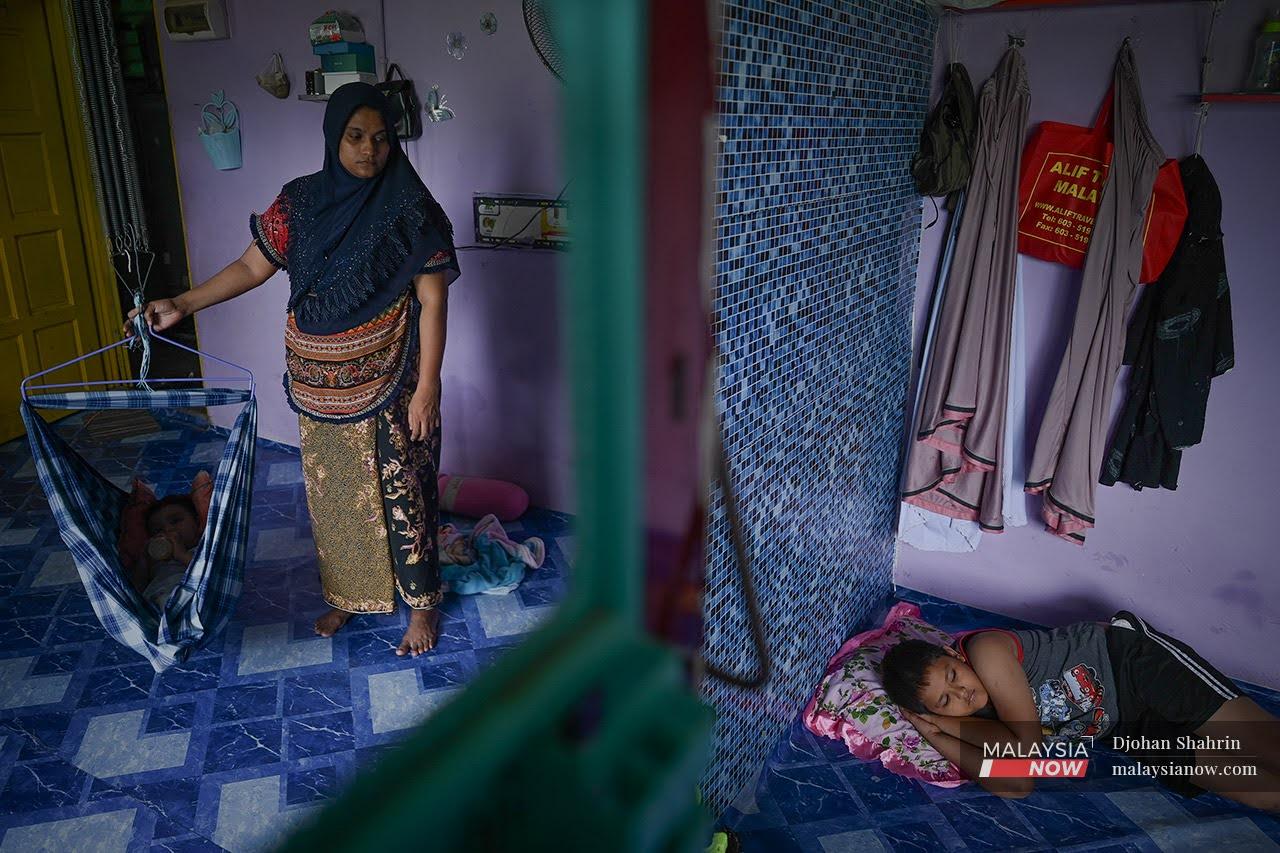No vaccine hesitancy for Rohingya in KL, just uncertainty about how to get jabbed
They say none of them has been vaccinated yet as they do not know how to register.
Just In
With the national immunisation drive in full swing and further supplies of vaccine expected to arrive in the near future, authorities are optimistic of keeping to schedule in achieving their target of herd immunity.
But even as tens of thousands flock to vaccination centres across the country each day, for one small community in the heart of the capital city, getting inoculated against Covid-19 remains a far-off dream.
It isn’t that they aren’t interested or are afraid of getting jabbed. They simply don’t know how to go about registering for the programme.
UNHCR in Malaysia estimates that there were some 102,950 Rohingya refugees in the country as of May this year.
The general outlook among those who spoke to MalaysiaNow was one of uncertainty.
One of them, Isa Musa, said they were willing to comply with any SOP and health measure set by the government.

“We know about the vaccine, but no one has come to us,” he said.
“None of us has been vaccinated yet. If we get the jab, Alhamdulillah,” he added.
Isa has been registered with UNHCR since early 2000. His family shares a house with several others in Selayang.
There are about seven or eight senior citizens in the household and more than 20 children and adults.
Malaysia had administered 6.5 million doses of vaccine as of June 23, with just over 1.8 million fully inoculated with two shots.
Khairy Jamaluddin, the minister in charge of the country’s massive vaccination drive, had said that the government aims to have at least 10% of the population fully vaccinated by mid-July.
In a previous statement to MalaysiaNow, the United Nations said it had held discussions with the government on the importance of guarantees from repercussions such as temporary exemptions or moratoriums from detention and deportation for migrants, refugees and those without documentation.
This followed Home Minister Hamzah Zainudin’s announcement of a crackdown on undocumented immigrants during the lockdown period. He had also said that undocumented migrants could not be vaccinated.

When met, Isa showed MalaysiaNow his MySejahtera application which he uses to register before entering shops.
Unlike the locals, he does not have a MySejahtera profile for enrolment in the vaccination programme, otherwise known as PICK.
Still, this is more than what some of the others sharing the house have. They do not even have MySejahtera but register manually in log books whenever they need to enter a store.
Another refugee, Hassan Muhammad, said the Rohingya community is hoping for someone to contact them about the vaccination drive.
“If the government is giving the vaccine, I would like to take it but we do not know what the terms and conditions are.
“No one has contacted us, so we are unsure,” he said.

When asked about concerns that migrants would be detained by the authorities, he said he only knew what he had heard from others.
“If we have done nothing wrong, why should we be afraid?” he said.
“It is true that some of us who do not have UNHCR cards have been arrested, but our families in general have these cards so we do not need to fear,” the father of four added.
Isa said the greater concern for the community is the loss of income during the lockdown period.
Many of them earn daily wages doing menial jobs such as collecting garbage, metal scraps and other unwanted items, or sweeping the area around Selayang. With the movement control order in force, they have been unable to bring home any money at all.
“We cannot work during the lockdown period,” he said. “If people give us food, we eat. The old depend on the young. If even they cannot help, we just go hungry.”
Subscribe to our newsletter
To be updated with all the latest news and analyses daily.
